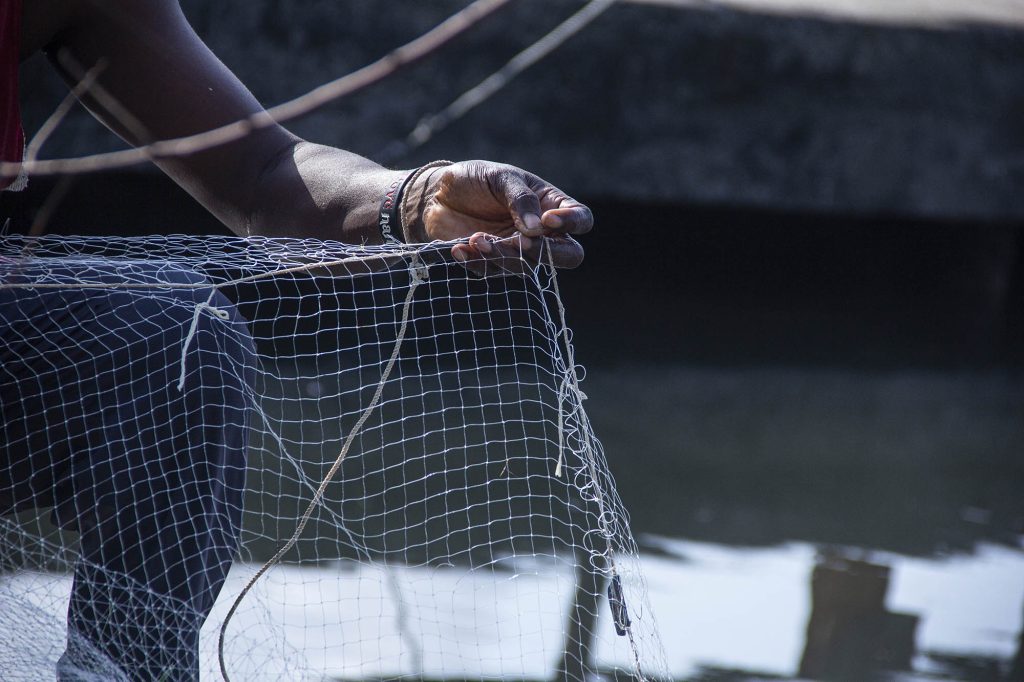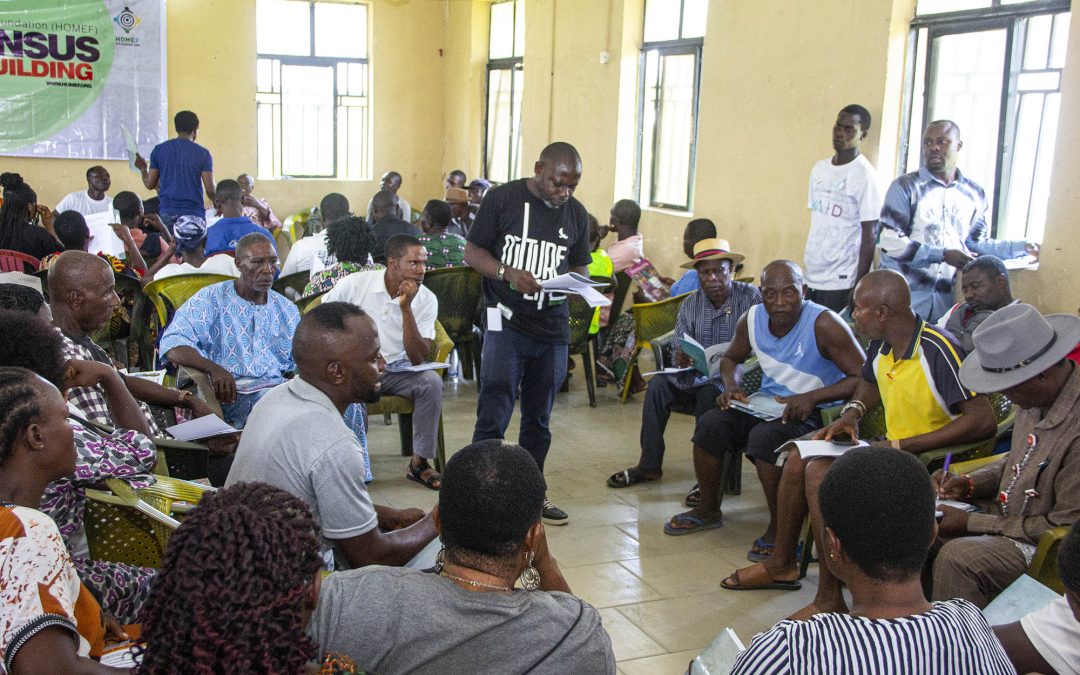The Niger Delta region of Nigeria has been home to oil and gas extraction since the 1950s, when oil was first discovered in commercial quantities. Since then, search operations had gone on for hydrocarbons both on land and on water – leading to more discoveries evening in sensitive and remote terrains.
According to the Nigerian Upstream Petroleum Regulatory Commission (NUPRC), there are 323 developed fields located in both onshore and offshore terrains where hydrocarbons are currently extracted from. “These fields, which either contain Crude Oil, Condensates or Natural Gas reservoirs, are connected to 265 production processing stations, after which the stabilised Oil and Gas are exported via 31 export terminals”.
The impacts of oil and gas exploration and exploitation can best be quantified by the measure of impacts on communities’ environment, livelihoods, socioeconomic distortion, health and more globally, the changing climate. Communities continue to bear the real costs of these processes – making them vulnerable and helpless and unfortunately, these people also fall among the marginalized, often unconsulted and systemic repressed class of people.

Against this backdrop, Health of Mother Earth Foundation (HOMEF) organized a community dialogue in Twon-Brass community to first distil stories of survival – how communities have been coping with the dangerous menaces of oil spills and flaring, and were encouraged to also document these. The meeting then moved to a diagnostic group session where Environmental Assets; Community Ecological Defence Norms; Environmental Challenges and Hazards; Needed Action, were discussed and documented. Lastly, community people were trained on building community solidarity, integration and responsibility. They also learnt on consensus building and how to organize across the community’s strata for the enthronement of the change and justice they yearn for.
The meeting held in Twon-Brass on Wednesday 10 April 2024 and was preceded by a visit to the traditional council of Twon-Brass community who were pleased with the visit and noted that the community is worried at the level of pollution that they are made to live with. In his remark, the community chief council vice chairman, Chief Weekse Numolaghabofa appealed to the oil companies operating in the area, including Aiteo Exploration and Production, to stop the pollution of their water and ensure that communities are duly consulted.
80 participants were drawn from communities around the Nembe creek area that suffer incessant oil spills not just from oil production sites but also from loading infrastructure set up in the area. The communities included – Twon-Brass, Okpoama, Ewoama, Beletieama/Igbabele, Egweama, Liama, Nembe creek, Opuorubo, Kpongbokiri, Oluasiri, Odioama and Sangana.
During the meeting, participants argued that as oil production continues in their communities, life was becoming more difficult for them, as a result of the spills and gas flare that accompany the activities. Fishing and farming are what we are known for and this oil activities has come to destroy our fishing business – a participants said.

The impacts on health and the environment were also spotlighted as participants lamented that their environment has become degraded and that they are fast losing species of plants and animals. They also mentioned that most people in their communities battle with sicknesses that could be traced to their exposure to the pollutions from oil and gas production as well as from loading facilities and processes.
The May 2023 released Bayelsa State Oil and Environmental Commission (BSOEC) report – An Environmental Genocide: Counting the Human and Environmental Cost of Oil in Bayelsa showed the true costs of extracting for oil and gas. In the BSOEC report, amongst other findings, while estimating the amount of oil spills, noted that according to NOSDRA at least 1,814 (52.3 percent) of the 3,466 spill incidents in Bayelsa have occurred in Southern Ijaw since 2005. Given Southern Ijaw’s population of 337,000, this would mean that if four million barrels were spilled in Nigeria, over two million could have been spilled in Southern Ijaw (assuming that all incidents involved the same spill amount). This would imply that around six barrels have been spilled per person in Southern Ijaw alone.
At the end of the meeting, community people noted that oil spills were poisoning them and their environment and agreed that urgent actions are needed as follow:
- There should be environmental cleanup for all the communities around the Nembe Creek area and Brass that are affected by spills.
- Communities, realizing that they have a role to play would serve as environmental monitors.
- Adequate reparation must be paid by the polluters and government must work with communities to achieve this.
- There needs to be health audit to know the sicknesses suffered by community people and trace the likely causes.
- Communities need to be protected against coastal erosion and sea encroachment.





